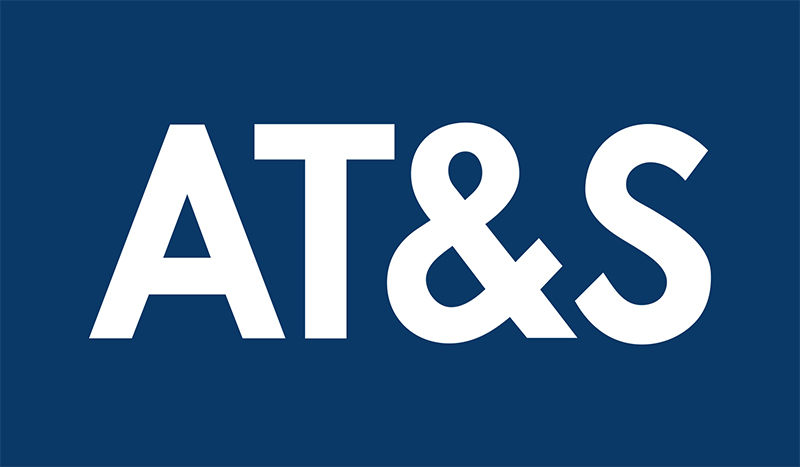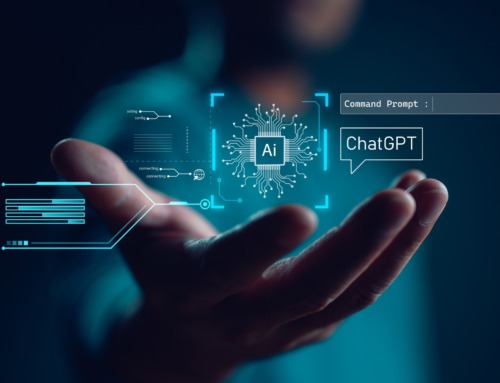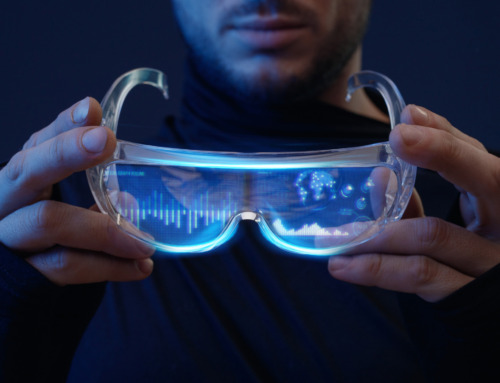Focus AI: AI systems will be in a hot race in 2023
Artificial intelligence has long played a significant role in many technical developments. Since the premiere of ChatGPT, it’s now in the spotlight – fueling a new race of exciting technologies in 2023.
Helmut Spudich
The tech world, otherwise bursting with innovations, has become dull in recent years. More pixels! More colorful display! Longer battery life! These are the modest highlights of the annual smartphone cycle. Our smartwatches are becoming more versatile, but wearables are generally more hype than used. 5G hasn’t produced anything significant that cellular hasn’t already been able to do, and the industry is already putting off the next generation for real “revolutions.” Autonomous driving? The first companies have already dropped out.
But suddenly, a new and unexpected movement has come into the tech field. With its public premiere a few months ago, ChatGPT kicked off a new race for a technology that has the potential to profoundly change the way we use technological tools. AI, KI, “Artificial Intelligence,” and “Machine Learning” has developed over many decades in a mixture of surges and standstill. Now is the time for another big boost.
Earlier surges led to the development of speech recognition and machine translation. When Google Translate launched in 2006, it was initially the butt of ridicule for its garbled translation errors. In between, there were standstills, but today machine translation in combination with language AI delivers correct and perfect texts. AI-based face recognition is far surpassing human face recognition, giving us lovely flashback photos on cellphones and terrible surveillance systems. AI, together with humans, will significantly improve medical diagnostics. On the other hand, AI still has a hard time identifying animals or objects correctly. But based on a few words, it can “paint” illustrations and photorealistic representations like the picture used for this text.
ChatGPT was pre-released by its developer OpenAI on November 30th last year to be the first to start this race. Premature because it uses a 3.5 version of its language model, although the 4.0 version was close to completion. It was also premature because it lacked the necessary technical safety barriers to avoid producing any obviously false, racist, or hateful answers when asked to do so. Nevertheless, it fascinates with grammatically correct, polished, and mostly correct answers to questions that average consumers, journalists, teachers, and researchers put to it. 100 million users in the first two months: No other new application managed that.
2023, that much is sure, will be the year of AI in everyday use. Since the premiere of ChatGPT, announcements about the practical use of this and other chatbots have been pouring in. Unsurprisingly, Microsoft is looking to rapidly capitalize on its previous $13 billion investment and billion-dollar computational support in OpenAI.
The race will initially take place in the field of search engines, currently a near-monopoly of Google. At present, Microsoft Bing is a blatant outsider. The “New Bing” will no longer provide answers to search queries in the form of endless lists of links but rather as linguistically flawless excerpts of the information sources found. Microsoft will install the safeguards that ChatGPT has been missing so far: As with clean academic work, there will be references and security checks so that Bing cannot be misused as a fake news and hate generator.
ChatGPT will also come into play with its Edge web browser, which after many years of the Explorer monopoly, is just another competitor in the browser field. For example, the browser can use it to create a short version of a text called up or to make a quick text suggestion for a social media post. Microsoft’s e-mail program can suggest possible answers to incoming e-mails in the future, primarily intended to relieve customer service and sales in companies.
Under this pressure to act, Google will use AI in its search. The market leader, which has been investing in AI systems for many years and has been using them for a long time, as with Google Translate or image search, was cautious here: the risk of botching Google’s image with ridiculous or harmful search results seemed too great. As a cautionary tale, “Galactica,” a chatbot from Meta, was released shortly before the launch of ChatGPT. After three days on the internet filled with wrong and toxic answers, the developers pulled the emergency brake and stopped the experiment.
Google has now presented its “Bard,” which a handful of select test users are currently allowed to try out. With it, search queries are answered with text instead of a seemingly endless list of links with text snippets. Google’s slow response has less to do with a lack of foresight and more with caution. As early as 2011, then-CEO Eric Schmidt explained in an interview that search engines with artificial intelligence could be the greatest challenge for Google. However, the technology has to be used responsibly to prevent misuse, explained Google CEO Sundar Pichai when Bard was released.
There is no race without losers: these will be the numerous websites whose links will, in the future, only be listed under “Further running” and which will become superfluous thanks to concise answers. And who are threatened with declining access numbers and advertising revenue.
分享文章:




